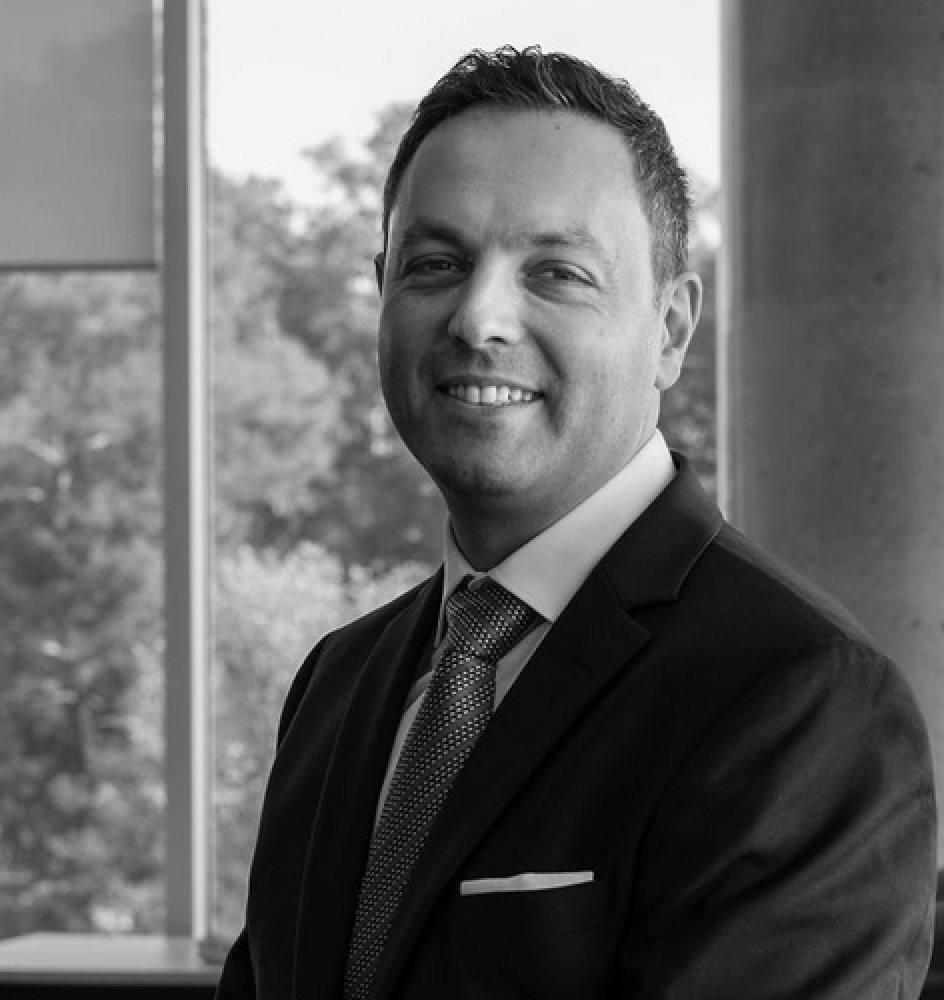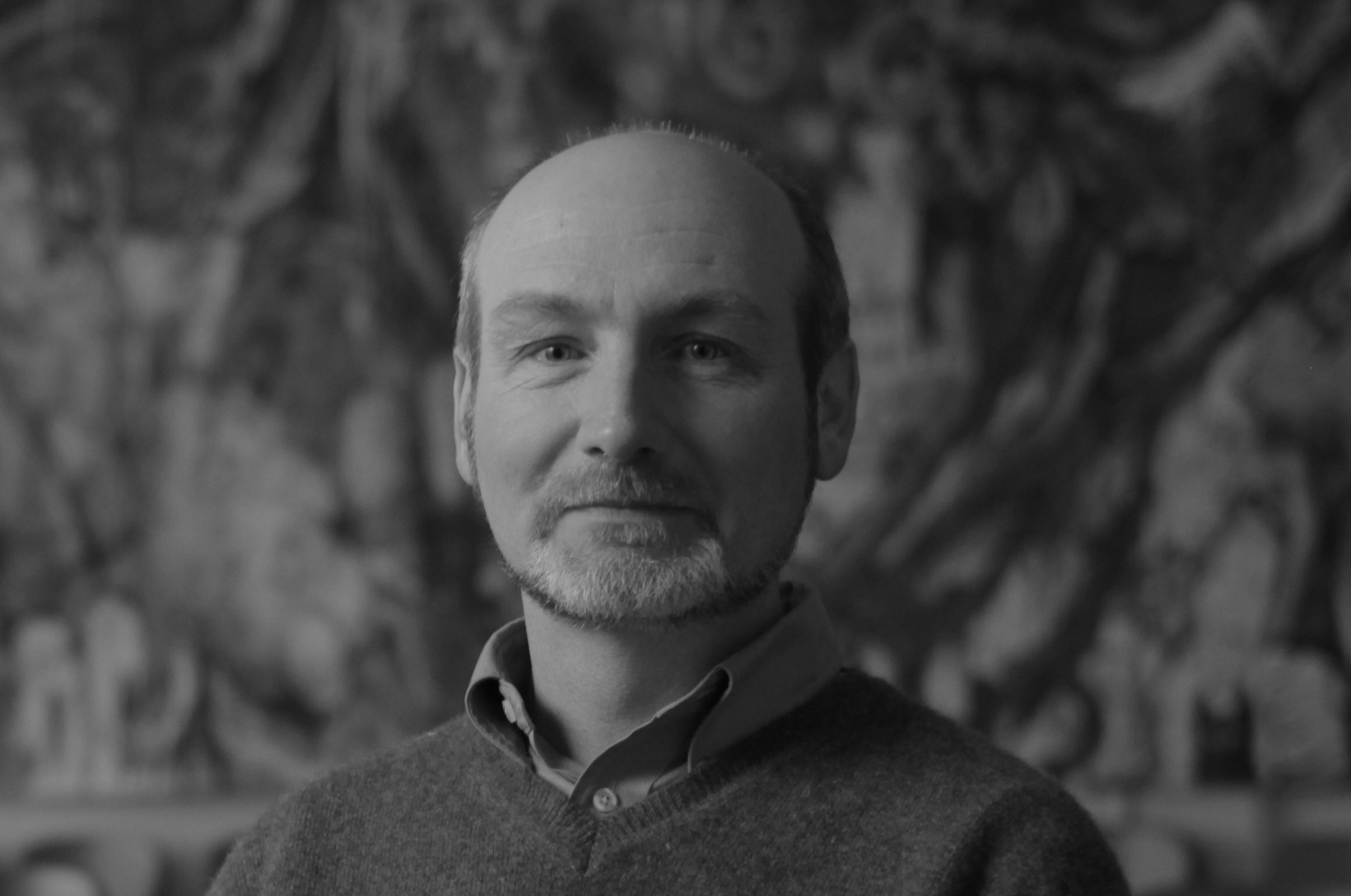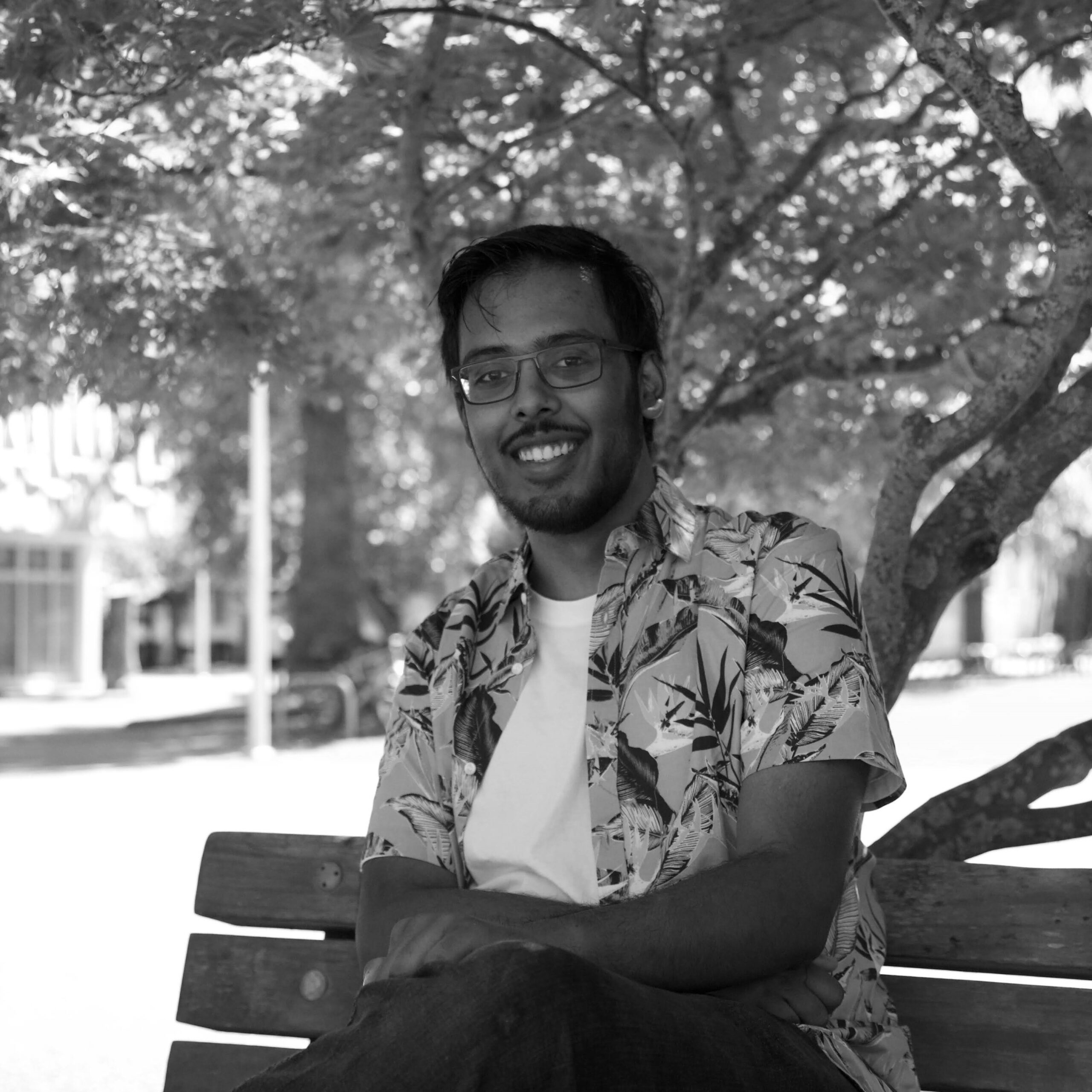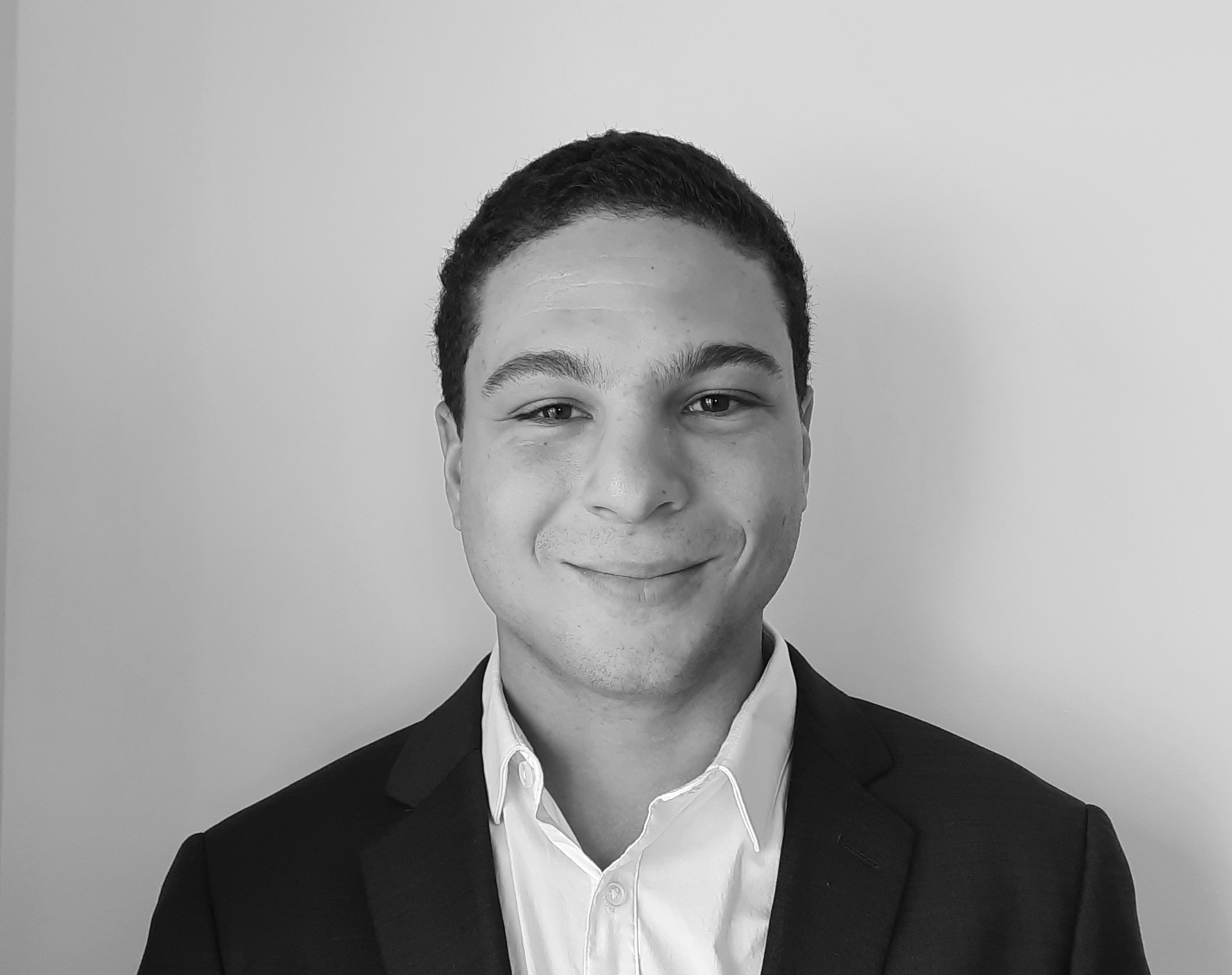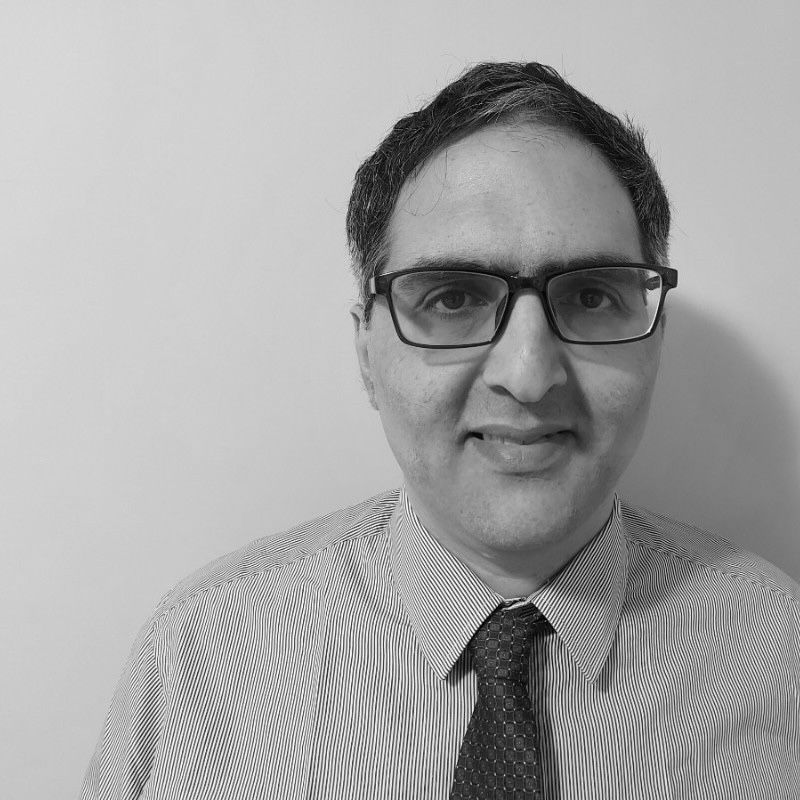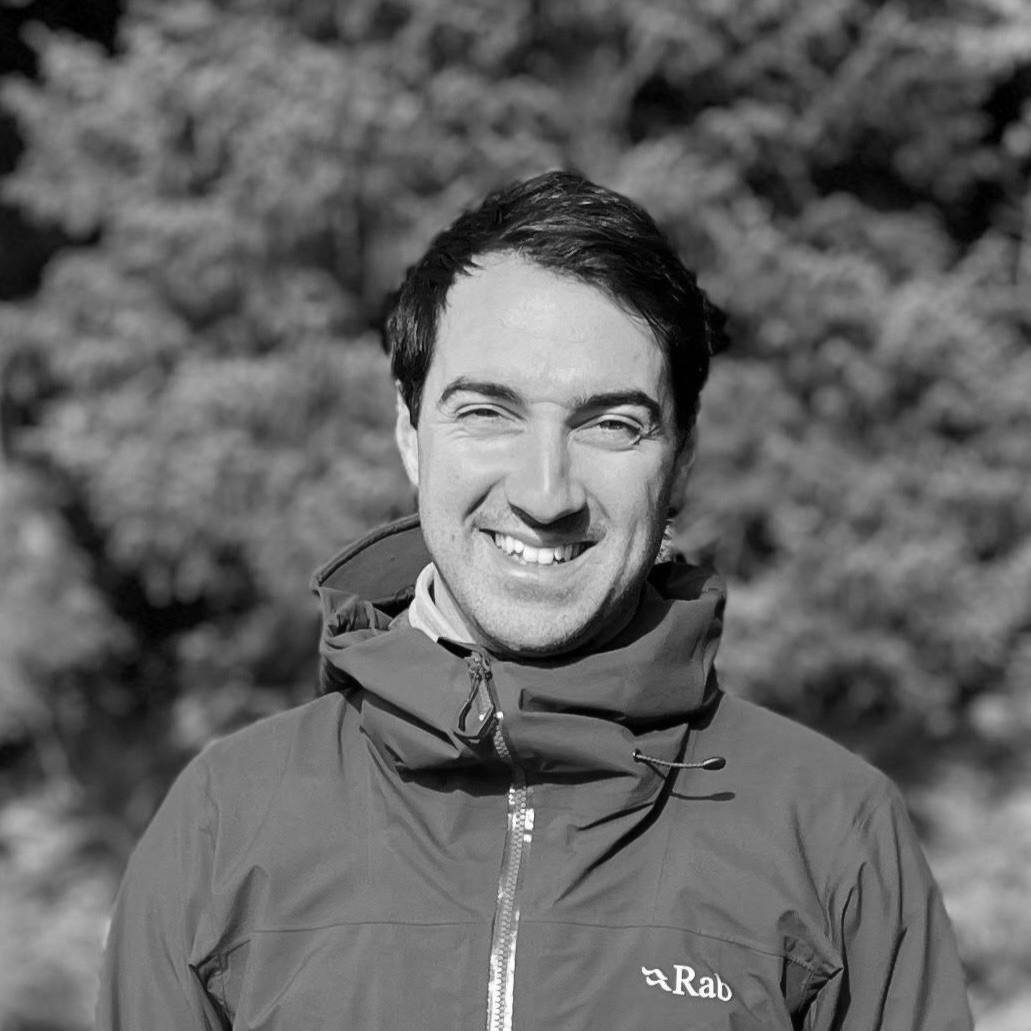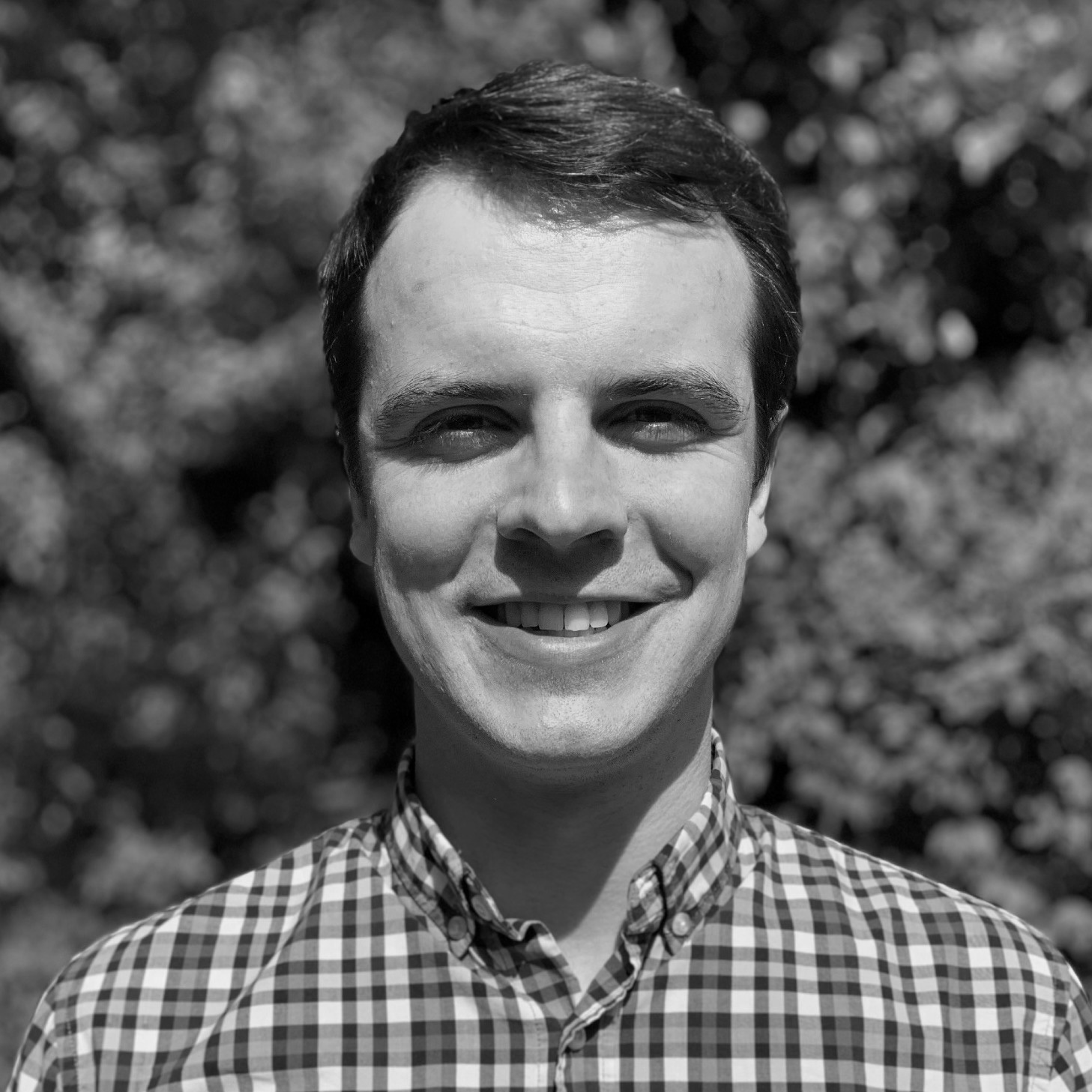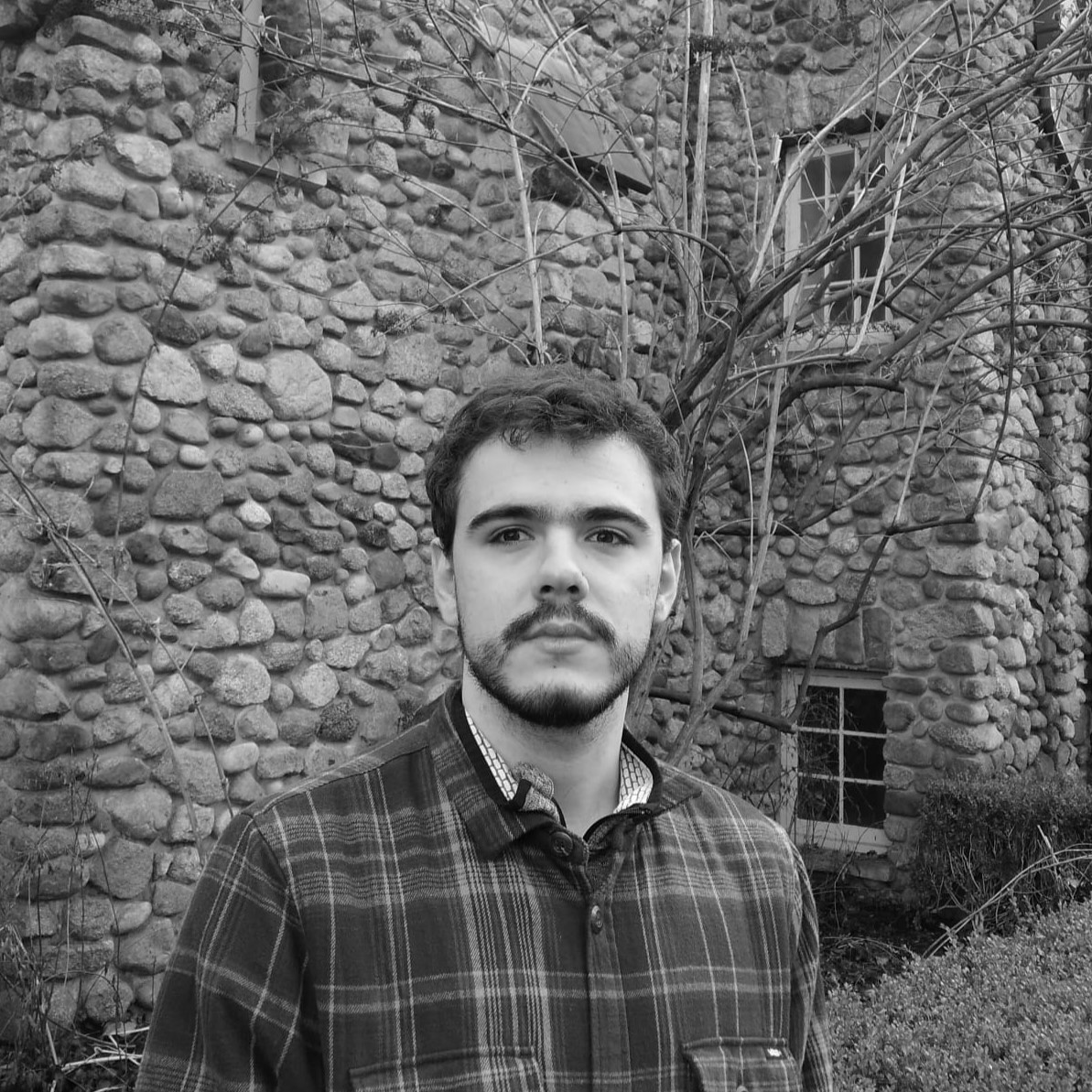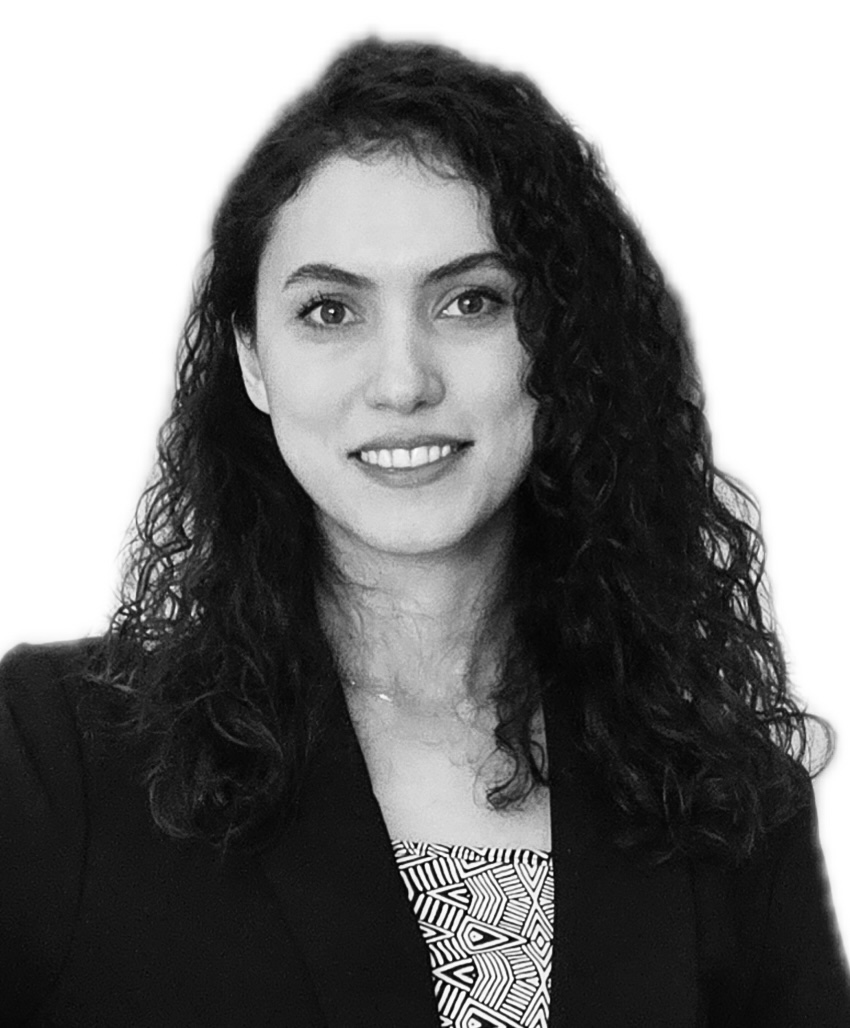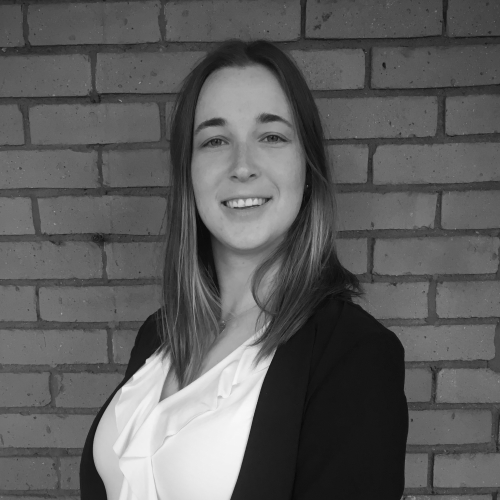
Polytechnique Montréal
University of New Brunswick
Statistics Canada
University of Calgary
Environment and Climate Change Canada
Natural Resources Canada
Net Zero Atlantic
Toronto Hydro
University of Victoria
Canadian Climate Institute
ESMIA Consultants
Canada Energy Regulator
Ontario Ministry of Energy
Kamyar Amirmoeini, HEC Montreal/GERAD
Christine Chen, The University of British Columbia
Evamy Hill Geoffrey, Bow Valley College
Conrad Fox, EPE
Peter Johnston, Environment and Climate Change Canada
Pierre-Marie Manach, Artelys
Julia McNally, Toronto Hydro
Glasha Obrekht, ECCC
Paisley Sim, Transition Accelerator
William Scott, Simon Fraser University
John St-Laurent O’Connor, Environment and Climate Change Canada
Isabel Taylor, Dunsky Energy + Climate Advisors
Jason Wang, Pembina Institute
Rene Beaudoin, Statistics Canada (CCEI)
Michael Bourque, University of New Brunswick
Richard Hendriks, University of Toronto
Chris Krasowski, Natural Resources Canada
Stephane Leblanc, Natural Resources Canada
Christopher McNevin, CanmetENERGY Ottawa
Mohamed Osman, Sustainability Solutions Group (SSG)
Mehrdad Pirnia, University of Waterloo
Shaddy Shokralla, Ontario Power Generation
Geordie Sinclaire, AESO
Johanne Whitmore, HEC Montréal | Chair in Energy Sector Management
Mohammed Alkatheri, Net Zero Atlantic
Daniel Broid Krauze, BC Ministry of Energy and Climate Solutions
Sébastien Debia, Natural Resources Canada
Bissan Ghaddar, Ivey Business School
Brett Kerrigan, Building Decarbonization Alliance
Elizaveta Kuznetsova, ESMIA
Jean-Sébastien Landry, Environment and Climate Change Canada
Hao Liu, AltaLink
Ata Malfuzi, Environment and Climate Change Canada (ECCC)
Charles Marois, Dunsky Energy + Climate Advisors
William Marcus, SSG
Sean McCoy, University of Calgary
Taco Niet, SFU Sustainable Energy Engineering
Mehrdad Pirnia, UWaterloo
Luis Ricardez-Sandoval, University of Waterloo
Dominic Rivest, Hydro-Québec
Cameron Wade, Sutubra
Steven Wong, CanmetENERGY in Varennes



